Navigating Your Birth Control Choices: Tailoring Options to Fit Your Unique Lifestyle

Embarking on Your Pregnancy Care Journey
Finding the right pregnancy doctor or healthcare provider is a pivotal step toward a healthy and empowered pregnancy experience. With diverse care options and important personal considerations, selecting the ideal provider helps ensure supportive, personalized care throughout your journey from conception to postpartum. This guide explores essential factors to consider, highlights the roles of various maternity care professionals, and offers practical tips to help you confidently choose the right pregnancy doctor or OB-GYN for your unique needs.
Understanding the Roles: OB-GYNs, Gynecologists, and Other Maternity Care Providers

What are the differences between a gynecologist, an obstetrician, and an OB-GYN?
A gynecologist is a healthcare professional trained in women’s reproductive health, specializing in services like Pap smears, STD management, and addressing reproductive issues. However, they typically do not deliver babies or manage pregnancies. An obstetrician focuses on pregnancy, childbirth, and postpartum care, handling prenatal visits, delivery, and pregnancy-related complications. An OB-GYN is a doctor trained both in obstetrics and gynecology. They provide comprehensive reproductive health services and are also skilled in pregnancy care and childbirth. While many women see a gynecologist for routine health concerns, they often see an OB-GYN during pregnancy or when specialized obstetric care is needed.
What are the differences between various maternity care providers such as OB-GYNs, midwives, and family physicians?
OB-GYNs are experienced in high-risk pregnancies, surgical interventions like cesarean sections, and complex gynecological issues. They often work in hospitals with access to advanced technology. Family physicians can provide pregnancy care and support in low to moderate risk pregnancies. They handle routine prenatal visits and deliveries and often serve as primary care providers. Midwives, especially certified nurse midwives, focus on natural, low-intervention births for low-risk pregnancies. They emphasize personalized care and often work in hospitals, birthing centers, or home settings. Doulas are non-medical companions offering emotional support during labor but do not perform clinical tasks.
| Provider Type | Typical Focus | Risk Level | Main Services | Setting | Additional Notes |
|---|---|---|---|---|---|
| OB-GYN | Comprehensive reproductive & pregnancy care | High | Surgeries, prenatal, childbirth | Hospitals, clinics | Skilled in managing complications |
| Family Physician | General primary care & pregnancy | Moderate | Routine checkups, low-risk delivery | Family practice clinics | Also manages overall health |
| Midwife (CNM) | Natural, low-intervention births | Low | Prenatal, labor, postpartum | Hospitals, birthing centers, home | Supports natural childbirth |
| Doula | Emotional and physical support | N/A | Labor support | Any setting | Not a medical provider |
When is each type of provider typically recommended?
OB-GYNs are ideal for women with high-risk pregnancies, medical conditions, or those seeking surgical interventions. They are also recommended for complex pregnancies, multiples, or if a C-section is anticipated. Family physicians may be suitable for women with low-risk pregnancies who prefer ongoing primary care. They are also a good choice if they provide prenatal and delivery services in your community. Midwives are well-suited for women planning low-intervention, natural births, particularly those in good health with uncomplicated pregnancies. Choosing the right provider depends on your health needs, birth preferences, and the level of medical intervention you desire or require.
This understanding can help guide your decision for maternity care, ensuring your comfort, safety, and satisfaction throughout pregnancy and childbirth.
Key Factors to Consider When Choosing a Pregnancy Doctor or OB-GYN
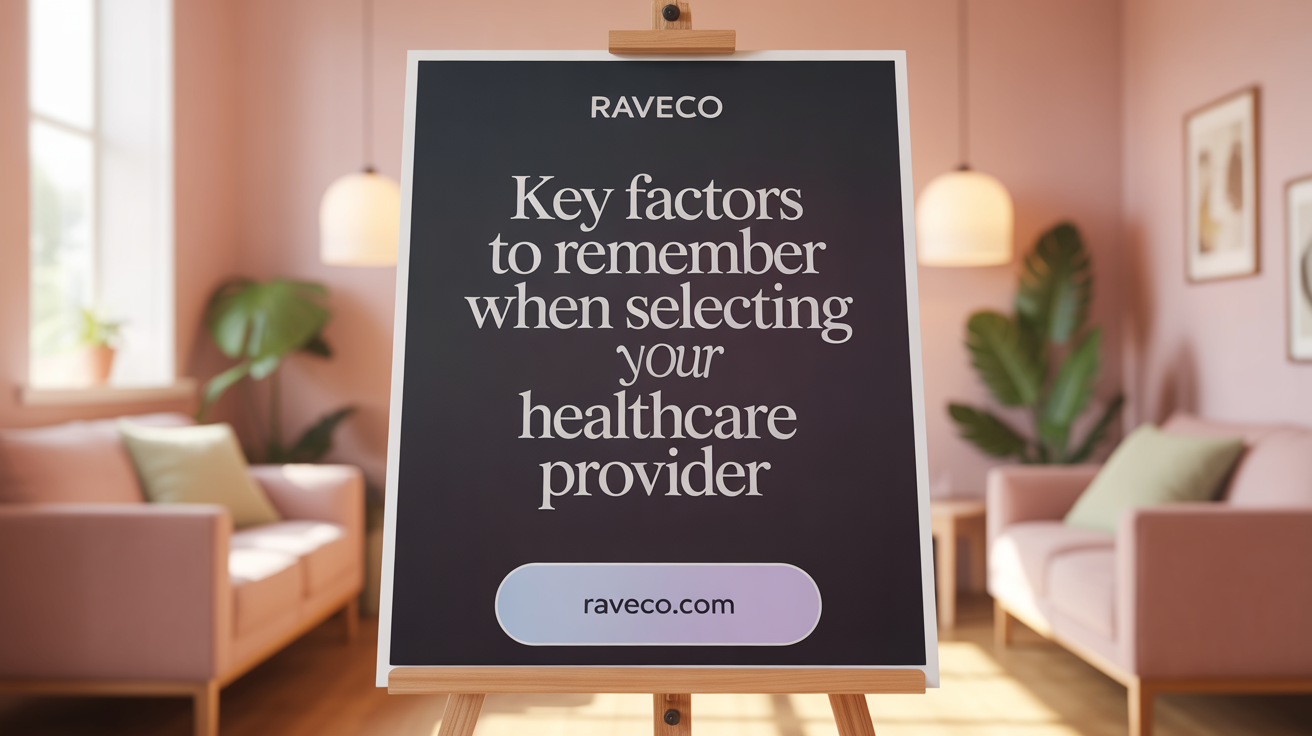
What factors should be considered when choosing a pregnancy doctor or OB-GYN?
Selecting the right healthcare provider for your pregnancy is essential for ensuring a safe and positive experience. First, verify that the OB-GYN is board-certified by the American Board of Obstetrics and Gynecology. Certification confirms that the doctor has met rigorous training and competency standards.
Experience plays a crucial role, especially in high-risk pregnancies or if you have preexisting health conditions such as diabetes or hypertension. An experienced provider can better navigate potential complications and customize care plans to fit your needs.
Location and convenience are practical concerns. Choosing a provider whose office is close to your home or workplace can reduce stress and make attending regular appointments easier. Also, check whether the provider’s hospital has the facilities and resources necessary for your delivery, especially if you foresee complications.
Insurance coverage is another important factor. Confirm that your chosen OB-GYN is in-network with your insurance plan to avoid unexpected out-of-pocket costs. Understanding the hospital or birthing center where the doctor delivers, along with their privileges, can influence your choice.
Compatibility with your provider’s communication style and care philosophy greatly impacts your comfort level. During an initial visit or interview, observe if the provider listens attentively, answers your questions clearly, and respects your birth preferences and concerns.
Additional research including online reviews, credentials, and hospital affiliations can provide insights into the provider’s professionalism and quality of care.
By carefully considering these aspects, you can find a provider who not only meets your medical needs but also aligns with your values and expectations for this important life event.
| Consideration Aspect | Details | Additional Notes |
|---|---|---|
| Board certification | Certified by the American Board of OB-GYN | Ensures medical expertise |
| Experience with high-risk pregnancies | Experience handling complex pregnancies | Essential for complicated cases |
| Location and convenience | Office near you, hospital proximity | Reduces travel stress |
| Insurance network | In-network with your insurance | Manages costs |
| Hospital affiliations | Delivers at preferred hospital | Affects birth environment |
| Communication style | Open, respectful dialogue | Improves comfort and trust |
| Care philosophy | Shared decision-making, holistic support | Ensures personalized care |
More info search query: Factors to consider when choosing an OB-GYN. Remember, selecting a provider whose expertise, approach, and location fit your needs can make your pregnancy journey safer and more enjoyable.
Preparing Early: Identifying the Right Healthcare Provider Before Pregnancy
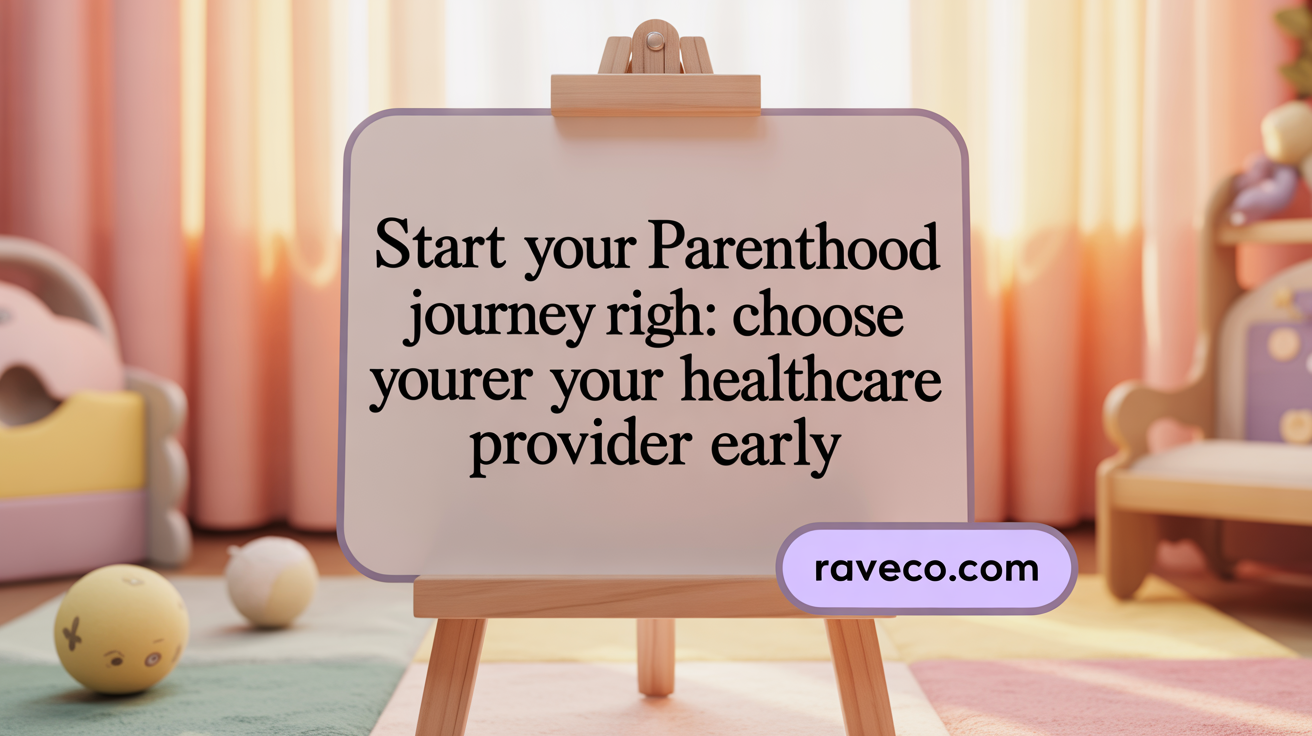
How can I prepare for pregnancy by identifying the right healthcare provider beforehand?
Getting ready for pregnancy starts with choosing a healthcare provider who suits your individual needs and preferences. This includes understanding your health history, birth desires, and the type of birth setting you prefer.
Scheduling a prepregnancy or preconception consultation about three months before trying to conceive is a vital step. During this appointment, your provider will review your medical and family history, conduct screenings, and suggest necessary lifestyle changes such as adjusting diet, taking prenatal vitamins, and avoiding harmful habits like smoking or excessive alcohol use.
It's also beneficial to tour potential birth facilities and offices beforehand. Ask questions about the provider’s experience, approach to childbirth, and available support services like breastfeeding assistance and mental health support. Clarifying these details early helps you establish a trusting relationship and ensures continuous, personalized care.
Researching credentials, reading reviews, and verifying insurance acceptance are additional steps to find a provider who aligns with your birth plan and health needs. Developing a strong relationship before pregnancy allows your healthcare team to guide you effectively through each stage, making your pregnancy journey safer and more comfortable.
Evaluating and Interviewing Potential Pregnancy Providers
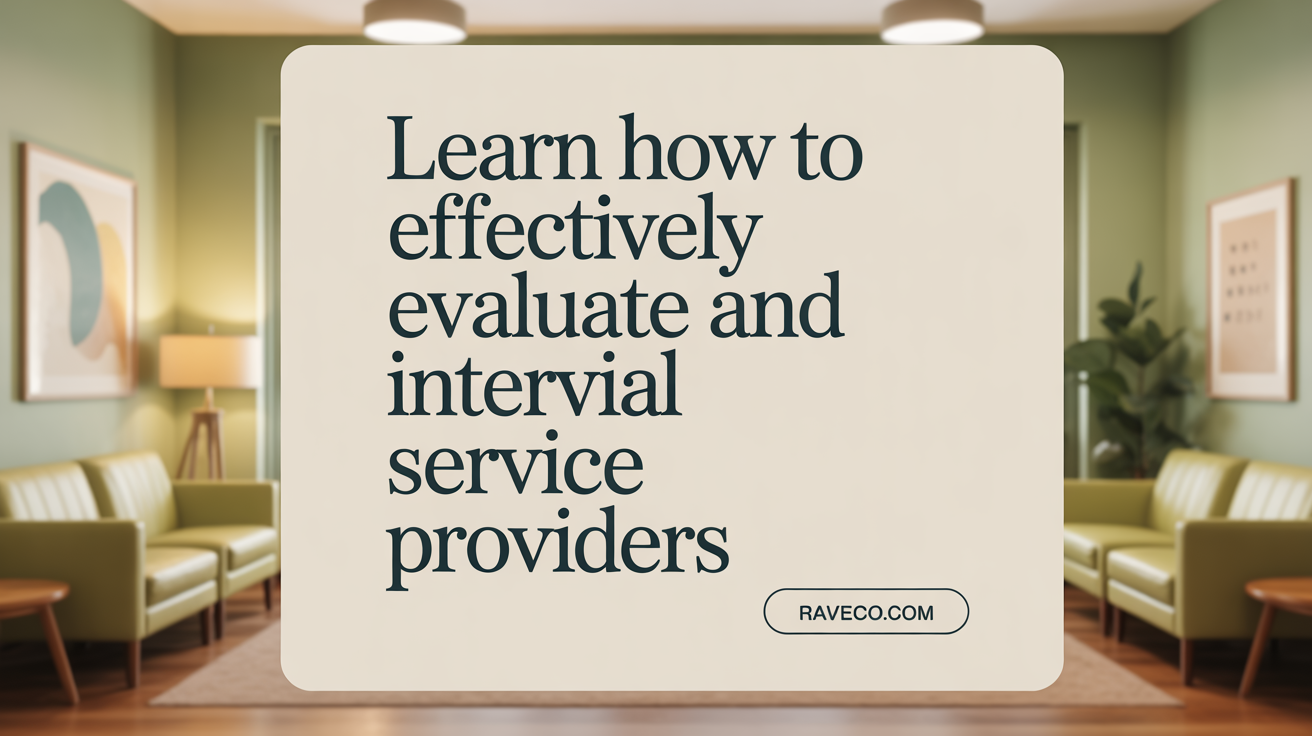 When preparing for pregnancy or early in your pregnancy journey, choosing the right healthcare provider is essential. Start by researching credentials and patient reviews to identify qualified OB-GYNs or midwives in your area. You can use insurance company directories or dedicated healthcare websites to find providers who accept your insurance, ensuring your care is affordable.
When preparing for pregnancy or early in your pregnancy journey, choosing the right healthcare provider is essential. Start by researching credentials and patient reviews to identify qualified OB-GYNs or midwives in your area. You can use insurance company directories or dedicated healthcare websites to find providers who accept your insurance, ensuring your care is affordable.
Setting up a short introductory appointment or consultation allows you to meet potential providers and ask questions about their experience, philosophy, and approach to pregnancy and childbirth. This visit helps you gauge whether you feel comfortable and confident in their care style.
Ask about their background, including years of experience, management of high-risk pregnancies, and their approach to natural versus medicated births. Address questions concerning their philosophy on shared decision-making, pain management options, and postpartum support.
Assess how well your communication styles align. Is the provider responsive, empathetic, and willing to listen? Are their office policies about appointment scheduling, emergencies, and support persons aligned with your preferences?
Feeling heard and comfortable with your provider is critical before making a commitment. Trust your instincts during the interview—if you do not feel at ease or if your questions go unanswered, consider exploring other options.
In summary, thorough research, personal recommendations, and informational interviews are your best tools for selecting a provider who will support your pregnancy needs, ensuring a positive and collaborative care experience.
For more help, searching for guides on "How to interview and evaluate an OB-GYN" can provide additional strategies to ensure you find the right match for your pregnancy journey.
The Vital Role of Trust and Personalized Care in Your Pregnancy Journey
Why is trust and personalized care important when choosing a pregnancy healthcare provider?
Trust and individualized attention are essential in ensuring a positive pregnancy experience. When women select a provider they trust, it creates a safe and open environment for sharing concerns and preferences.
Personalized care involves tailoring medical plans to fit each woman’s unique health history, lifestyle, and personal desires. This approach increases comfort and confidence in the healthcare process, which is critical during such a significant life event.
A trustworthy provider promotes shared decision-making, encouraging women to be active participants in their care. Clear communication, empathy, and responsiveness from the provider can ease anxieties and foster a supportive relationship.
Stories like April’s highlight how advocacy and collaborative efforts between patients and healthcare providers lead to better outcomes and satisfaction. These experiences demonstrate that a relationship built on trust and personalized attention helps navigate the complexities of pregnancy safely and comfortably.
Overall, choosing a provider who values your input, communicates effectively, and respects your individual needs supports a healthier, more confident pregnancy journey.
Balancing Practicalities: Location, Insurance, and Care Options
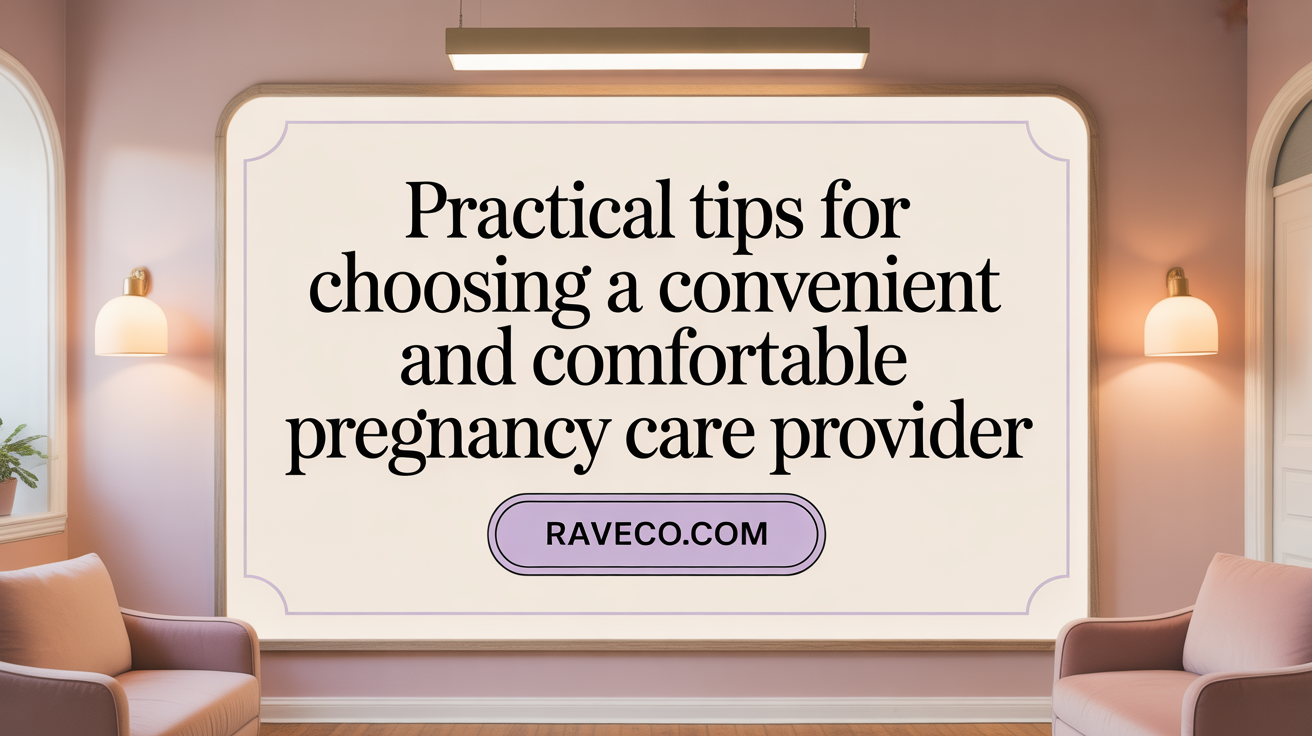 When selecting a healthcare provider for pregnancy, it’s important to weigh several practical factors to ensure a smooth and supportive experience.
When selecting a healthcare provider for pregnancy, it’s important to weigh several practical factors to ensure a smooth and supportive experience.
First, evaluate the provider's location and accessibility. Choosing a nearby practice or hospital makes it easier to attend appointments regularly and be available in case of emergencies.
Next, review your insurance coverage carefully. Confirm that the provider and the hospital are in-network to minimize out-of-pocket costs. Use your insurance’s provider directory or contact customer service to verify coverage for prenatal, delivery, and postpartum services.
Understanding hospital affiliations is also essential. Check if the hospital offers the services you want, such as specialized maternal care, neonatal intensive care, or support for high-risk pregnancies. Visiting the hospital, either virtually or in person, can give you an idea of its facilities and environment.
Decide on the type of birth setting that best aligns with your preferences—whether a hospital, birthing center, or home birth. Each option has different levels of medical support and comfort, so consider your needs and comfort levels.
Support services such as doulas, lactation consultants, and postpartum care should also factor into your decision. Find providers that partner with or are easily accessible through your chosen facility.
Lastly, creating a flexible labor plan can help manage unpredictability. Being open to adjustments and maintaining clear communication with your care team will ease stress and support a positive birth experience.
By balancing these elements—location, insurance, care options, and additional support—you can select a provider that fits your needs and helps foster a safe, comfortable pregnancy journey.
Taking Charge of Your Maternity Care
Choosing the right pregnancy doctor or OB-GYN is a multifaceted process that profoundly influences your pregnancy and childbirth experience. By understanding the roles of different maternity providers, evaluating critical factors such as credentials, experience, and compatibility, and preparing early with thoughtful questions and research, you can build a trusting, personalized relationship with your healthcare team. Balancing practical concerns like location and insurance with your birth preferences and values ensures a supportive care plan tailored just for you. Empower yourself with knowledge and confidence, and remember that finding the right provider is a cornerstone for a healthy, informed, and positive pregnancy journey.
References
- 6 Things To Consider When Choosing The Right Healthcare ...
- An Ob-Gyn's Guide to Standing Up for Yourself During Pregnancy
- How to Choose an OBGYN: Our 5-Part Guide - UC Health
- How to Choose Your Obstetrician (OB) with Confidence - Providence
- Choose an OB-GYN for Your Pregnancy Journey - Health Matters
- Choosing an OB-GYN for pregnancy care | HealthPartners Blog
- How to Choose the Best Obstetrician for You - Scripps Health
- How to Choose a Provider for Your Pregnancy | Norton Healthcare


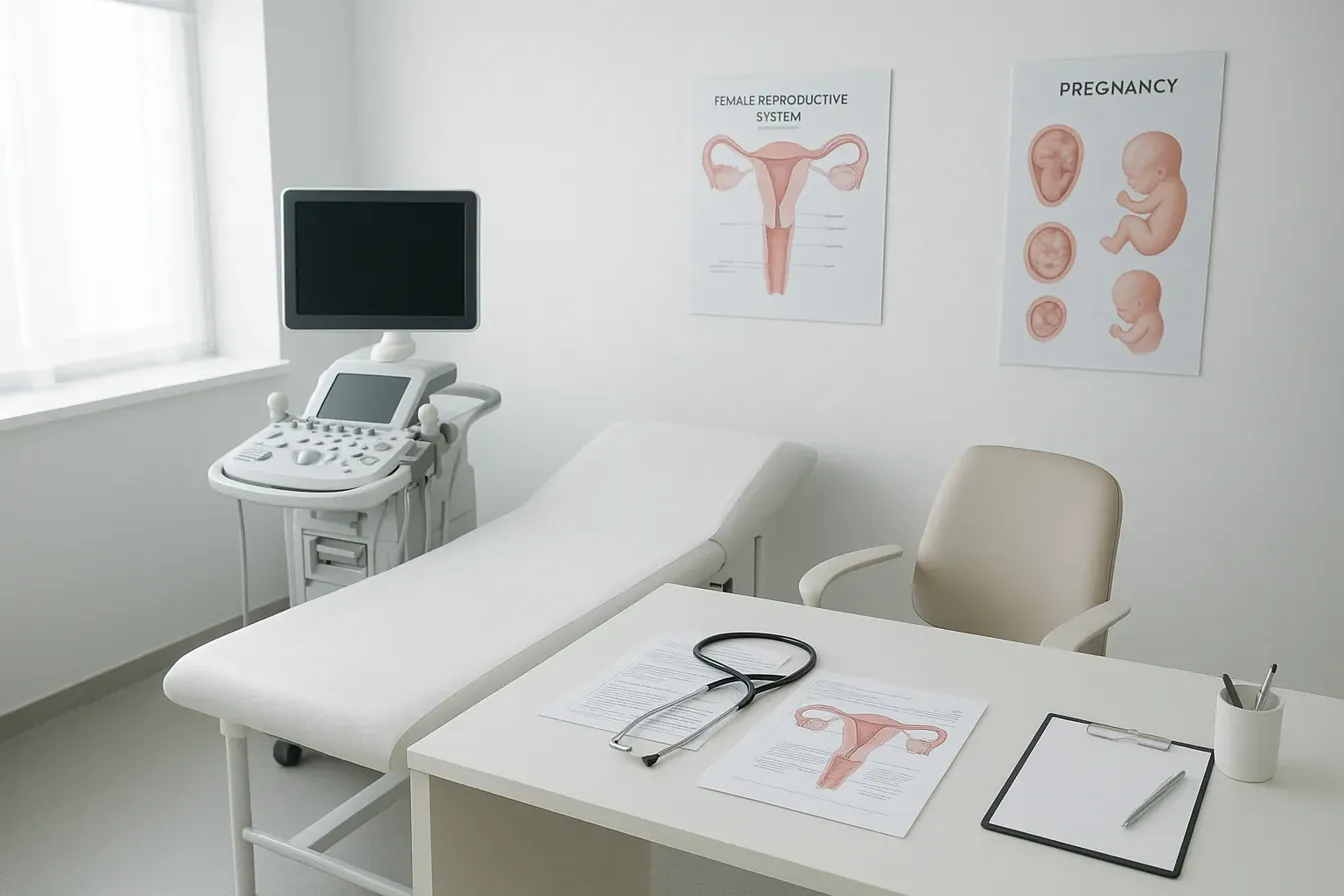


.png)